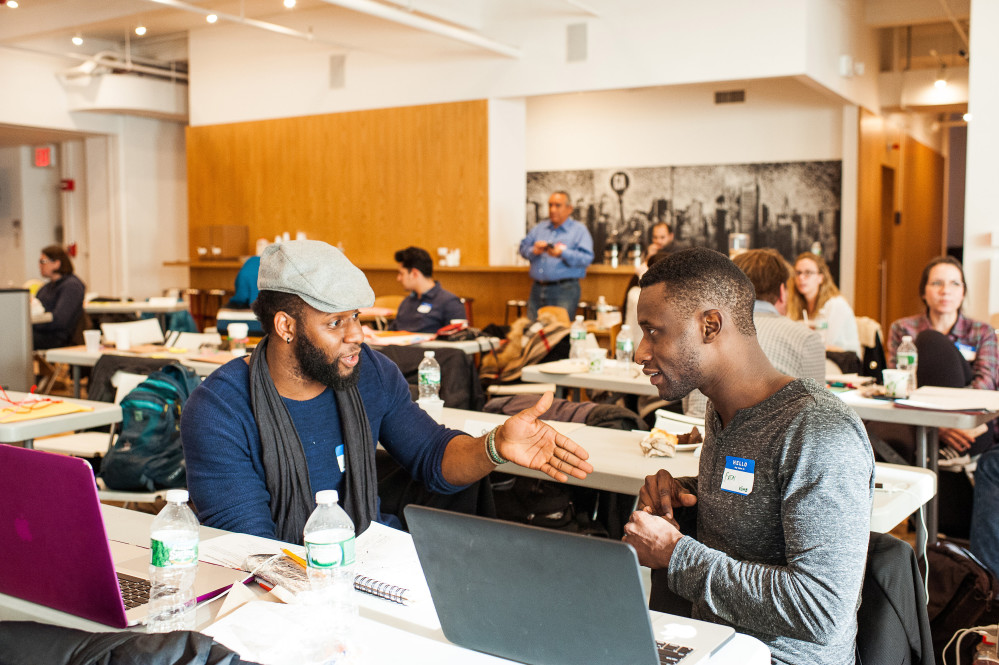Katherine Olives

On Thursday, March 17th, economist and author of The Sharing Economy, Arun Sundararajan, discussed how crowd-based capitalism is changing the future of work and economic growth. He talked about how platforms like Uber are leading a new era of peer-to-peer businesses, and its changing the way our world works. According to Arun, were at a crossroads between a market-based economy and an organization-based economy. Its called the sharing economy.
Most of us use platforms like Uber, Lyft, TaskRabbit, Airbnb and Zocdoc without thinking about how theyve changed the way we travel, get things done and get well. These peer-to-peer platforms combine the simplicity of a market-based exchange with the comfort factor we feel in doing business with a larger, respected organization. Essentially, the sharing economy is bringing human connectivity back to economics. Over the 20th century, the organizations we built stripped out everyday interactions and the connections that should have been made. In the sharing economy, the product or service being exchanged is irrelevant; its more about the relationship being built in the process.
Some of the teams in our current cohort will use the Uber model to fit right into the sharing economy. Teams like Komb, Favor and ClassLit (formerly TutorX) bring stylists, mechanics and tutors straight to consumers, saving time and money. While this model is obviously convenient for consumers, it also allows skilled workers the ability to make more commission. Aruns research concludes that skilled workers wages in the sharing economy were better than those who worked outside of the sharing economy. Thats why he believes over half of the US workforce will be freelancers by the year 2036.
So are there pitfalls in this type of exchange? During the discussion, many students brought up the fact that the sharing economy could compound inequality; ie., if you cant afford a car, you cant be an Uber driver. But Arun believes the sharing economy actually tends to do the opposite. Take Airbnb for example. People hosting on Airbnb usually start because theyre in financial stress or could use extra money. And those renting on Airbnb are taking vacations they wouldnt normally afford. Although the sharing economy doesnt engage the very rich or the very poor, it does level the playing field for those who fall in the middle of these two groups.
Ultimately, the sharing economy will completely change our world. Not only will it affect business as we know it, but itll change the way we do everything, from seeking healthcare to exchanging money. At the Zahn Center, were encourage students to stay on the cutting edge. Were excited that many teams in our current cohort have chosen to work with a peer-to-peer business model. To learn more about those teams, visit them on Demo Day.